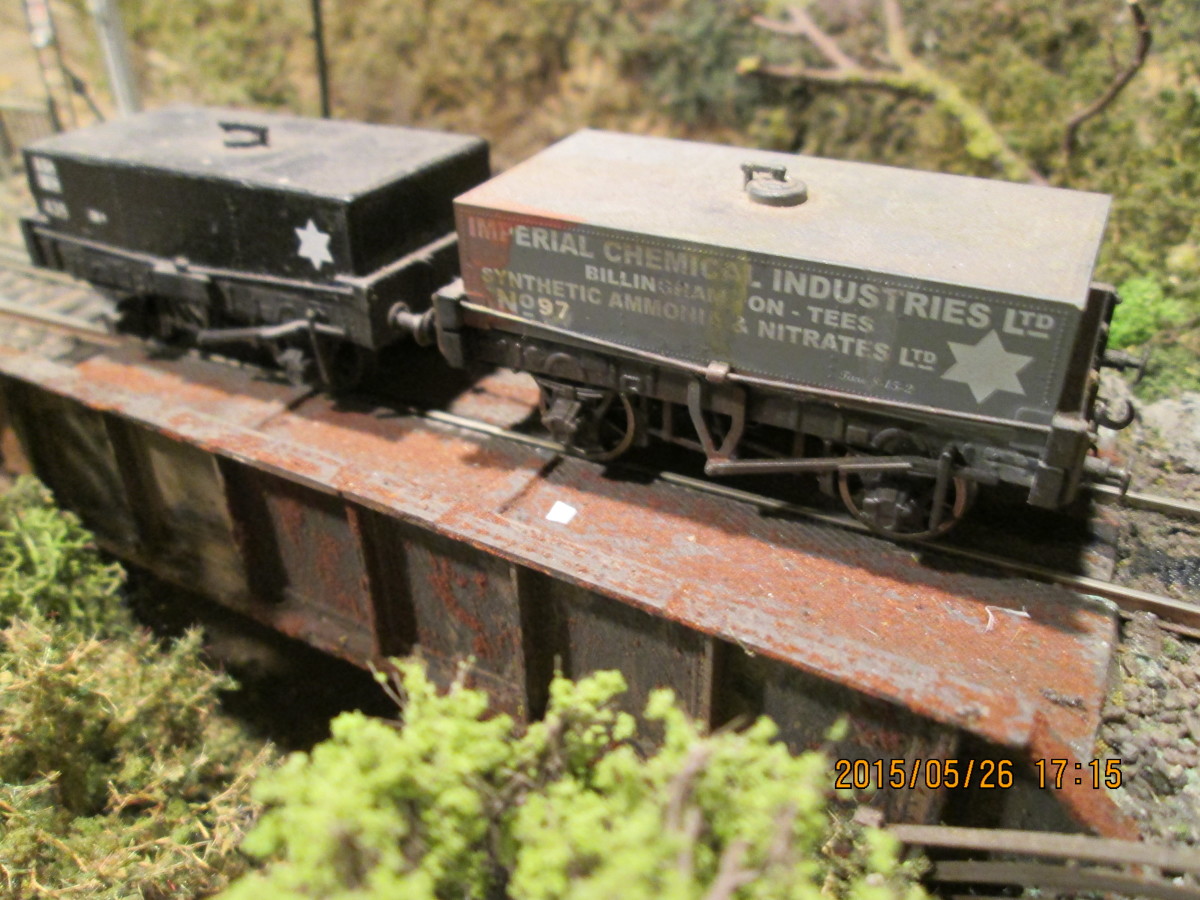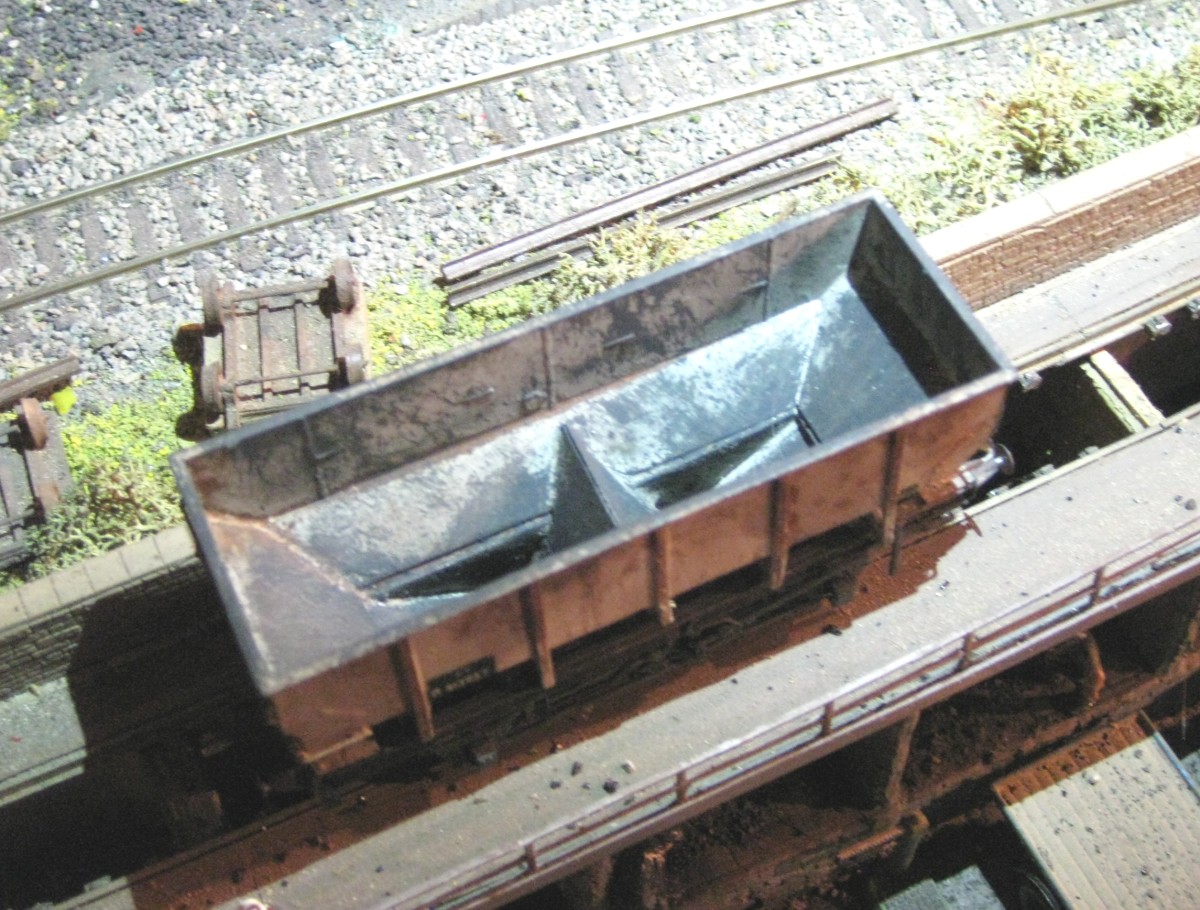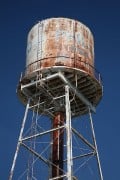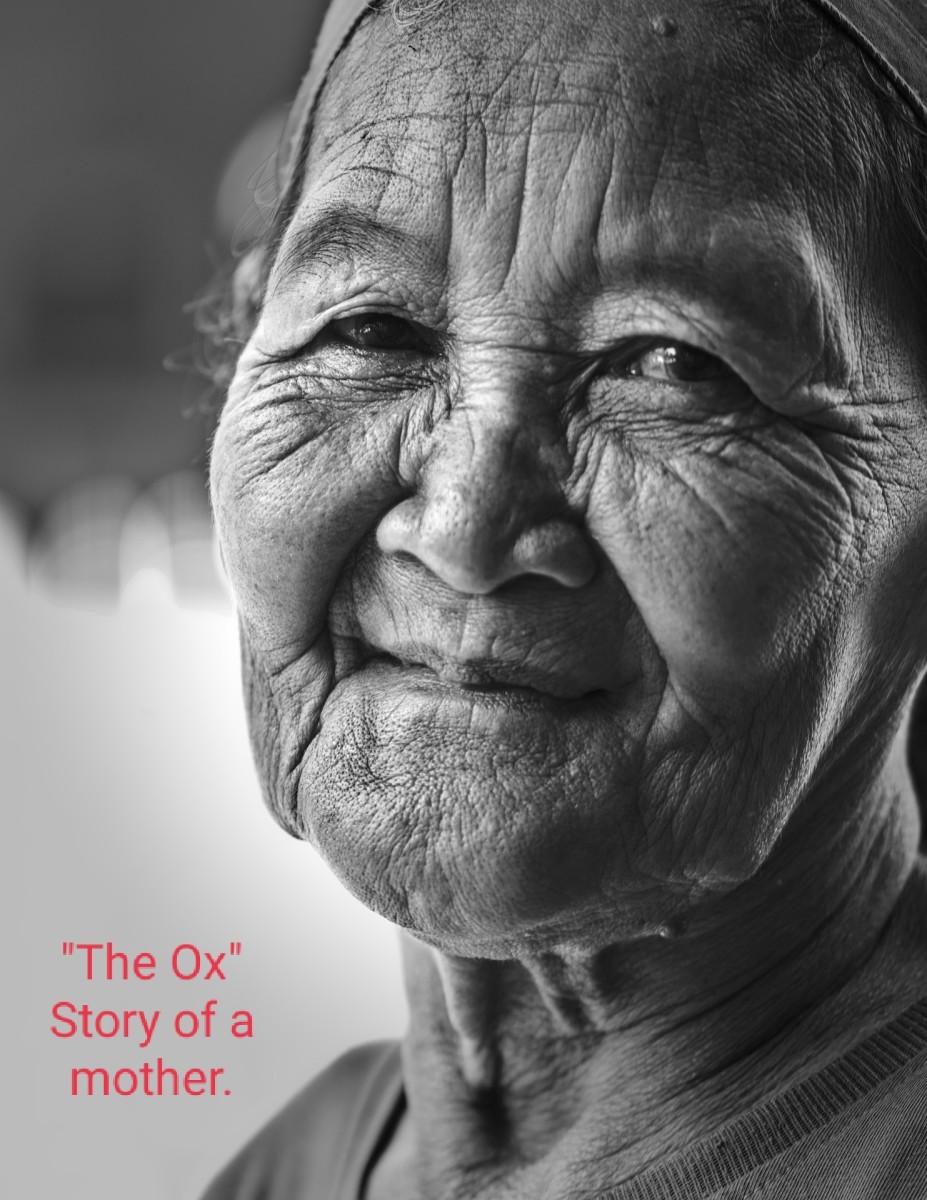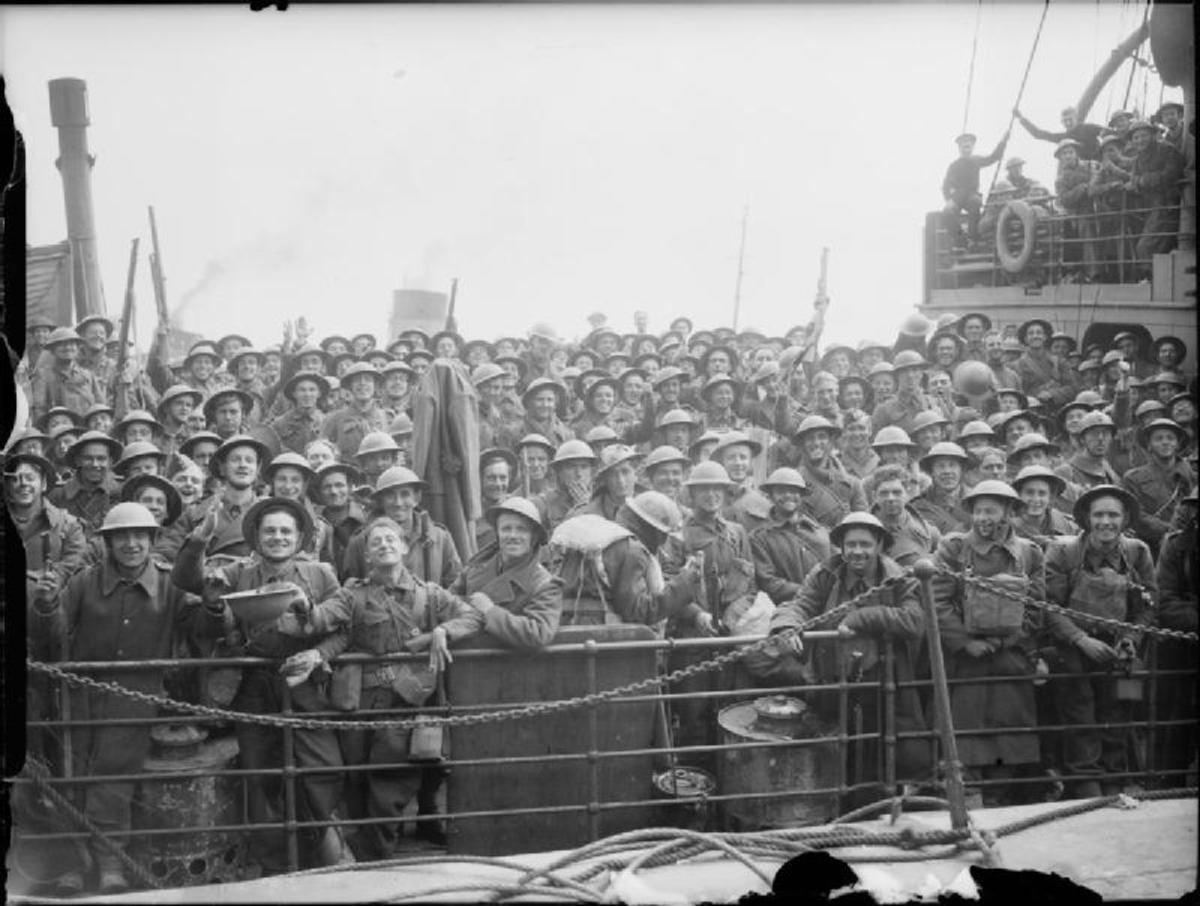- HubPages»
- Books, Literature, and Writing»
- Commercial & Creative Writing»
- Creative Writing
Into the Great Unknown: Chapter Four
Thanks for Coming Back
I’ve included links to the first three chapters in case some of you are just arriving on this journey. Thanks to all of you for following along. I hope you know how important you are to me.
The pioneers have just left the safety of civilization, and are now wandering through Kansas. Let’s see what is up with them today.
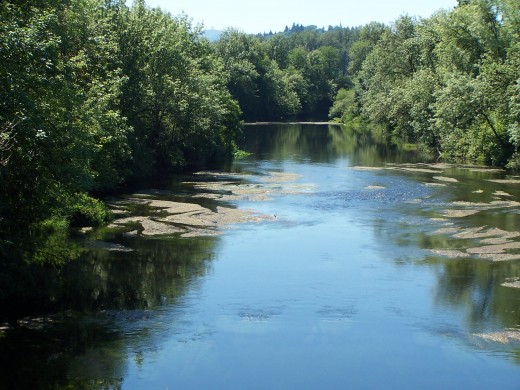
Chapter One
- Into the Great Unknown: Chapter One
I have a new family for you to meet. Travel with me to the year 1845. Iowa is the place, and dreams are about to become reality.
Chapter Two
- Into the Great Unknown: Chapter Two
Follow along as a young family travels the Oregon Trail in search of a better life.
Chapter Three
- Into the Great Unknown: Chapter Three
The great journey west is about to begin. Let's peek in on our pilgrims and see how the preparations are coming along.
Two Days, One Dead
It only took two days to lose our first companion on the Trail, crossing the Delaware River, fifty men with shovels, digging down the bank so the wagons could cross, backbreaking work for damned sure, finally got the job done by ten that morning, got three wagons across and then the fourth tipped over, threw the driver, Hank Jackson from Tuscaloosa, threw him clear of the wagon but snapped his neck in the fall, his body laying in the shallow waters, head turned unnaturally, looking west, oddly, three hours spent righting the wagon for Jackson’s wife and daughter, digging a grave, short prayer service, then west, northwest towards the Big Blue.
That was a sobering experience for sure, barely out of shouting distance from Elm Grove and already one dead, just crossing a damned river, no Indian attack, no grizzlies, just a damned river.
The rolling hills of Kansas were lush in green, the prairie grass waist-high on the adults, white puffs of clouds soaring up above, grasses leaning with the wind, in concert, as if they all agreed they should be looking southeast on that particular day. Our son was riding alongside me, him being too young to walk all the miles facing us, and it being his first dead body he was appropriately quiet as the oxen pulled us further away from Hank Jackson’s cross. I didn’t know how to approach the topic of death with him. He saved me the trouble as we were passing a grove of elm trees, thunderheads rising up ahead of us, like giant clouds of smoke rising from the grasses.
“What happens when a man dies, Pa?” he asked, his face scrunched in concern.
Laura was walking behind the wagon with our daughter. She couldn’t save me from that question.
“Samuel, I don’t rightly know. Preacher men tell us we go to heaven if we’ve lived a good life, but since I’m still alive I can’t tell you for certain, and that’s the truth, son.”
He thought that over as the elms fell behind us and one more of the endless small hills rose up to greet us. The oxen continued to plod forward, the wagon swaying, bouncing, testing this man’s spine and making me wish for some cushioning of any sort.
“If there is a heaven, Pa, do you think there’s pain there? Is Mister Jackson still hurtin’?”
“No, Samuel, I don’t believe he’s feeling any pain at all. Pain is for the living to endure, son. What I want you to do, once we stop for the night, is I want you to go to the Widow Jackson and ask her if there are any chores you can do for her. I suspect she is feeling some serious pain right now and would appreciate a kind gesture from you.”
“All right, Pa!”
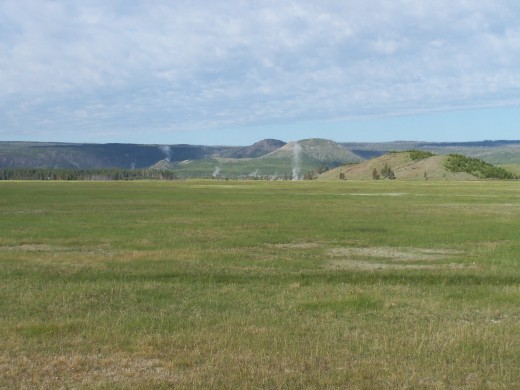
Broken Axles and Dusty Indians
The sun was high, probably noon or a little later, when one of the lead wagons broke a rear axle. There weren’t much to be done about that, axles requiring lumber and fittings, none of which we had. The wagon would be left behind, belongings and all, the family following the train on foot until we arrived at the first fort.
During the delay we saw our first Indians, two lone riders, maybe five-hundred yards in the distance, sitting atop their horses on a small knoll, just watching us. They didn’t seen hostile, more curious than anything else, ramrod erect, like a painting in some museum. Jeremiah Jackson held a confab with Doctor Elijah and then rode out, solo, to talk to the visitors.
Things were quiet the entire length of the wagon train, all of us no doubt thinking the same thing, where there are two Indians there must be more, what were their intentions, would this spot be where we all died, tall grass swaying, mournful howl of the warm wind, hawks overhead, witnessing our demise.
Jackson reached the Indians, spent a few moments gesturing with his hands, trying to communicate, and then he turned his horse back towards the train and the Indians followed him. Up and down the train men reached for their muskets, which prompted Dr. Elijah to ride the length of the train shouting to “PUT THE MUSKETS DOWN,” and men did as they were told.
Our visitors stayed with us for fifteen minutes, noble men on horseback, not speaking, black hair flowing in the wind, dust caking their faces, watching us all, taking it all in, finally accepting an offering of tobacco from Jeremiah, nodding at us, turning their horses and riding away. I could feel, more than hear, a sigh of relief as the two men rode out of sight. Doctor Elijah addressed us all in a shout.
“Keep your muskets close by. Those two were friendly but we don’t want to be fools about all this. There’s no need to be afraid, now. Not once on my first covering of this trail did I see a hostile Indian. Still, be alert. Now let’s get moving. We’ve had too many delays already and the sun isn’t waiting for us.”
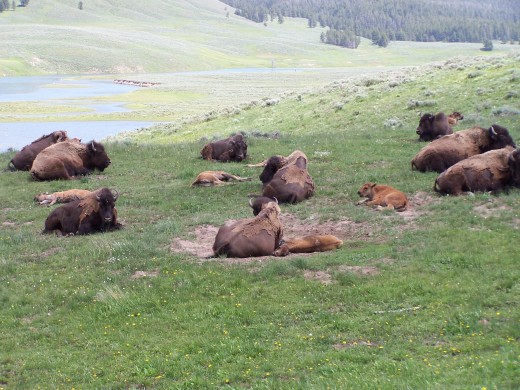
Reflections in the Night
By eight that night we had circled wagons and begun camp preparations. Some men went off in search of game. Wood was gathered from a copse of trees along a stream bank, and in short time campfires came to life. Laura went off to ask the family who had lost their wagon to eat with us, and Samuel paid a visit to the Widow Jackson. Pretty soon I saw him fetching water from the stream for her, his blond hair like a lantern down along the stream.
Darkness crept upon us, silently, gradually, then in the blink of an eye it was totally dark, catching me off-guard. I shook my head to clear my thoughts, no need for foolish illusions, no magic tricks, just Nature doing what Nature does, light to dark to light again. A half-moon could be seen south, floating in an ocean of stars, and in short order the coyotes were howling, and I know every man, woman, and child was feeling what I was feeling, the realization that we were alone in a strange land, cut-off from the safety of the modern world, cut-off from anything that ever tethered us in the past. The wind turned cool as the smell of cooked food drifted among us. Conversations could be heard, an occasional laugh, across the way the haunting sounds of a harmonica, remembered visions of two Indians, where there were two there were bound to be more, all weighing down on us, all filling us with excitement and wonder.
“The trees are disappearing with every step we take, Joshua,” my wife said as she cleaned up after our meal. “What will we use for fuel for our campfires once the trees are gone?”
“Jeremiah says we use buffalo dung, says it makes a fine fire-starter, just build a small pile of it, use grass for tinder, and it burns just fine.”
“Buffalo dung?”
“Yep!”
“Good God Almighty,” she said, and then laughed that laugh I’ve loved for nigh-on to fifteen years. “What have we got ourselves into?” she said, then laughed again.
The End of the Day
The folks with the broken axle, Martha and Thomas Hardy, spent the night around our fire, somber people, dreams broken only three days into the journey, facing all manner of uncertainty, their anchor cut loose, them drifting on the open land. They were mostly silent other than to thank us for our kindness, and I didn’t have any words which would take away their fear and sadness.
We all slept around the fire that night, to ward off the chill and to ward of the pressing weight of fear, the campfires providing comfort and a false-sense of security. Laura pulled close to me under the blanket as the coyotes kept up their serenading, perhaps singing a funeral dirge for the dead behind us, or for those who would be dying shortly.
“Buffalo dung?” she whispered in my ear.
“Yep!”
“Sweet Jesus,” she said, giggling. “I do love you, Joshua. I must if I’m going to be cooking with buffalo dung.”
And a little later she said . . .
“There’s what, about two-thousand steps in a mile? Two-thousand steps multiplied by two-thousand miles. What’s that total, Joshua?”
“Pretty close to four-million, if I remember my sums correctly.”
“Sweet Jesus!”
SEE YOU NEXT WEEK
For sure there will be some drama next week. Stay tuned, and thanks for the visit.
2017 William D. Holland (aka billybuc)





